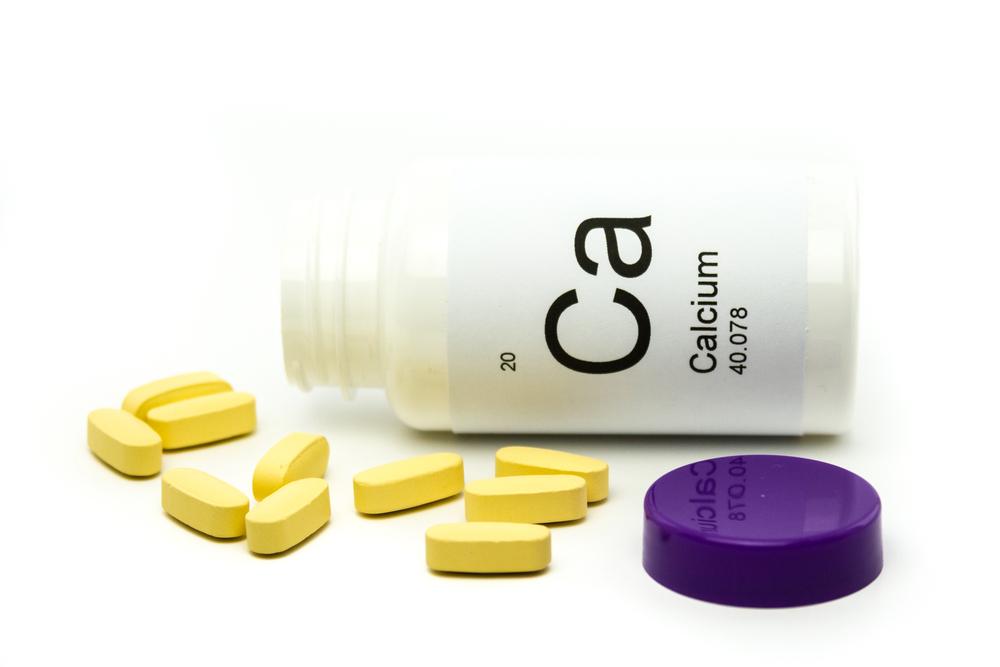Guide to Different Types of Calcium Supplements for Optimal Health
Explore a comprehensive guide to various calcium supplement types, their absorption rates, sources, and usage tips. Find the best options tailored to your health needs with expert insights. Perfect for those seeking to improve bone health and overall wellness, this article demystifies calcium supplements to help you make informed choices.

Guide to Different Types of Calcium Supplements for Optimal Health
Calcium is essential for maintaining strong bones and overall health. Many individuals turn to supplements to meet daily requirements, but not all supplements are created equal. The absorption rate, elemental calcium content, and formulation vary across types. When choosing a supplement, always check the label for elemental calcium and total calcium amount. Some forms, like calcium carbonate and citrate, are popular options due to their effectiveness and absorption properties. Understanding these differences helps you select the best calcium supplement for your needs.
Absorption rates differ among calcium supplement types, so consider timing and consumption guidelines. For example, calcium carbonate is best taken with meals for optimal absorption, while citrate can be taken with or without food. Other options include calcium lactate, oyster shell, bone meal, and dolomite, which are natural sources but require quality checks. Calcium phosphate, gluconate, citrate malate, and microcrystalline hydroxyapatite (MCHC) are also available, each with specific benefits. Selecting the right supplement depends on individual health conditions and dietary needs.
Calcium Carbonate
Common and cost-effective, sourced from shells, rocks, and eggshells, best taken with meals for maximum absorption.
Calcium Citrate
Highly bioavailable and gentle on the stomach, suitable for those with low stomach acid, effective whether taken with or without food.
Calcium Lactate
Found in foods like cheese and baking powder, has medium absorption but contains a smaller elemental calcium amount.
Natural Sources: Oyster Shell, Bone Meal, Dolomite
Choose high-quality, toxin-free options to benefit from natural calcium sources.
Calcium Phosphate
Derived from milk, less likely to cause constipation, but has lower elemental calcium content.
Calcium Gluconate
Offers low calcium levels, may require multiple doses, and can be relatively costly.
Calcium Citrate Malate
Affordable, water-soluble, with high bioavailability for effective absorption.
MCHC Calcium
Ideal for older adults with low phosphorus diets, derived from animal bones, supporting bone health.
Calcium Orotate
Penetrates cell membranes efficiently, aiding in bone and cell function through DNA and RNA synthesis.
Calcium Ascorbate
Less naturally absorbed but effective when taken with meals.
Note:
The information here aims to guide readers on calcium supplements. Since individual needs vary, consult healthcare providers before choosing a supplement. While our content provides valuable insights, it is not medical advice, and we disclaim responsibility for discrepancies or changes in supplement formulations or offers.










